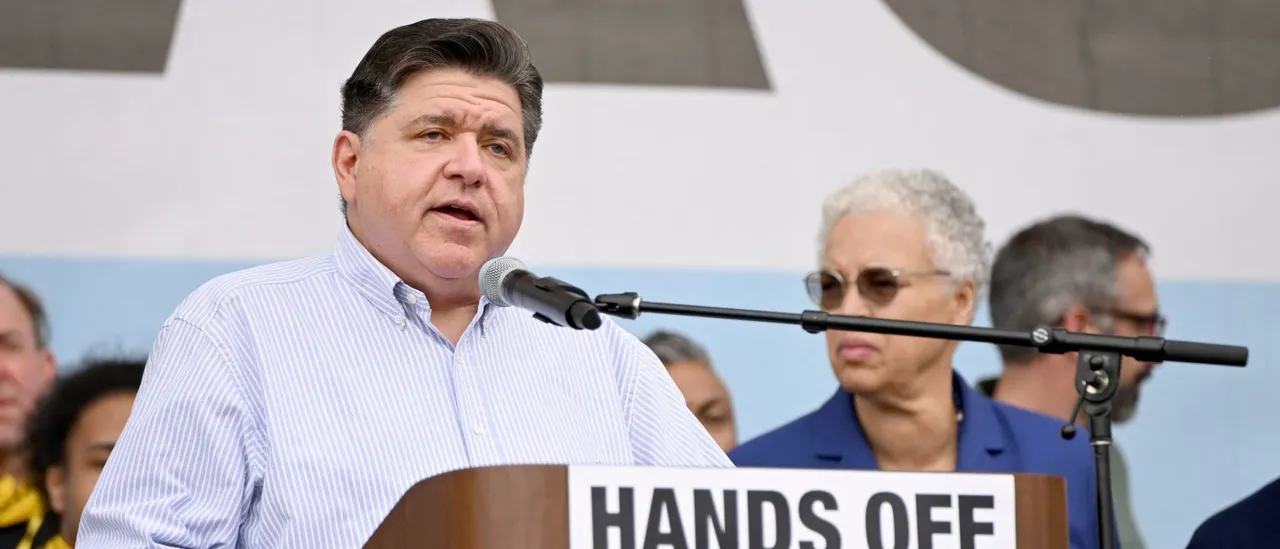Multiple advocates for violence prevention have been charged with serious crimes, including murder and assault, in various cities across the United States. These incidents have raised questions about the effectiveness and safety of their approaches to community safety in regions often grappling with high crime rates.
In 2025, four activists were charged with violent offenses in cities such as Philadelphia, Washington, D.C., Flint, Michigan, and Chicago. A fifth advocate from Rochester, New York, is currently serving a two-year prison sentence for assaulting a police officer. According to court records, these individuals had prior encounters with law enforcement before facing their latest charges.
Kellen McMiller, who was part of a group called the “Peacekeepers,” was arrested in September in Chicago after being implicated in a deadly burglary. Just days before his arrest, he was photographed next to Illinois Governor J.B. Pritzker at a community event aimed at promoting violence prevention. McMiller, already wanted by authorities in four states, was accused of robbing a Louis Vuitton store and causing the death of another driver during his escape on September 11. He faces multiple charges, including murder and theft. His court proceedings have been postponed due to his hospitalization.
Governor Pritzker had previously celebrated McMiller’s efforts, stating, “It’s folks like these that we need more of doing the hard work of community violence prevention.” His administration has consistently argued that such grassroots initiatives are essential to combatting “failed criminal justice policies.”
Criminal Charges Against Key Activists
The situation in Washington, D.C., is similarly troubling. Cotey Wynn, who was recognized in 2020 as part of the Cure the Streets program, is facing charges related to his alleged involvement in a murder plot. Wynn, a former inmate turned “violence interrupter,” is accused of assisting a gunman in a shooting at a smoking lounge in September 2023 that left one dead and three others injured. Surveillance footage reportedly captured Wynn observing the aftermath of the shooting and signaling for the gunman to leave. He is currently held without bail, and his attorney argues the evidence against him is circumstantial.
In Philadelphia, Sergio Hyland, who previously advocated for criminal justice reform, was arrested for allegedly shooting his girlfriend and disposing of her body. Hyland, who had established a website promoting violence prevention tactics, claimed to be a “hood abolitionist.” His attorney contends there is insufficient evidence to support the charges, despite testimony and evidence presented by prosecutors.
Another notable case involves Anthony Hall, who led the Pathways to Peace program in Rochester. Hall was sentenced to two years in prison in April after an incident in which he assaulted a police officer during a domestic dispute. His past work in community safety initiatives is now overshadowed by his criminal charges, which also included defrauding a nonprofit organization.
Leon El-Alamin, a city councilman in Flint, Michigan, founded the MADE Institute, aimed at assisting ex-inmates. He was charged with domestic violence in July for allegedly assaulting an ex-girlfriend. Following a “clean slate” program implemented by Governor Gretchen Whitmer, which had previously expunged his criminal record, El-Alamin now faces serious allegations that could impact his political career and community efforts.
Reactions and Future Implications
The recent arrests have prompted organizations like the Metropolitan Peace Initiatives (MPI) to reassess their vetting processes for community advocates. MPI Executive Director Vaughn Bryant acknowledged the need for improvement in their protocols following McMiller’s arrest, emphasizing the importance of ensuring that those in the field of violence prevention are adequately screened.
As these cases unfold, they highlight the complexities surrounding violence prevention efforts in urban environments. Advocates for reform argue that while the intentions of these activists may be rooted in compassion, the legal troubles they face raise significant concerns about their methods and the safety of the communities they aim to protect.
With community safety initiatives under scrutiny, it remains to be seen how these incidents will reshape public perception and policy regarding violence prevention in liberal cities.
